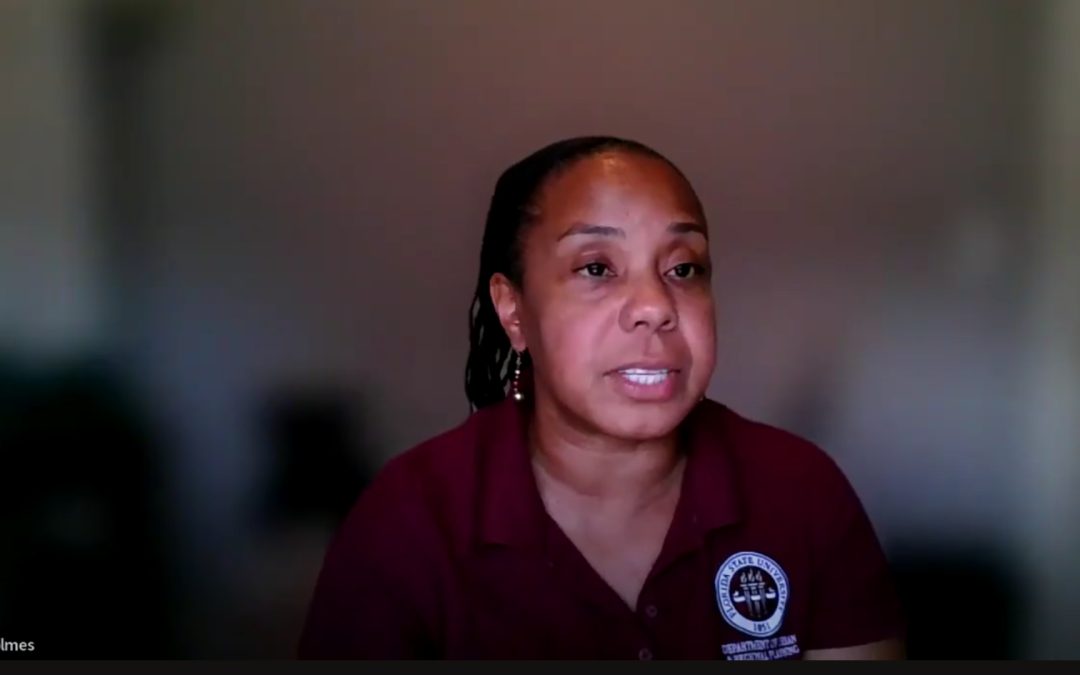“This is a property tax appeal,” said Marc Pfeiffer, a municipal finance expert and assistant director at the Bloustein Local Government Research Center at Rutgers University. It boils down to “what is the calculation for square footage.”


“This is a property tax appeal,” said Marc Pfeiffer, a municipal finance expert and assistant director at the Bloustein Local Government Research Center at Rutgers University. It boils down to “what is the calculation for square footage.”

“This is a property tax appeal,” said Marc Pfeiffer, a municipal finance expert and assistant director at the Bloustein Local Government Research Center at Rutgers University. It boils down to “what is the calculation for square footage.”

Without a usable plan, you can’t manage your agency’s technology needs, resources, and risks. How you develop this plan depends on your specific circumstances, but it should balance spending, available time and effort, and competing priorities.

Without a usable plan, you can’t manage your agency’s technology needs, resources, and risks. How you develop this plan depends on your specific circumstances, but it should balance spending, available time and effort, and competing priorities.

“This is a property tax appeal,” said Marc Pfeiffer, a municipal finance expert and assistant director at the Bloustein Local Government Research Center at Rutgers University. It boils down to “what is the calculation for square footage.”

Budgeting for technology requires careful planning, clear priorities, and hard decision-making. This guide will walk you through the key steps to creating an effective technology budget process for your municipality.

Teachers learned about local climate change data, conditions and impacts and explored NJ ADAPT digital tools, with Rutgers experts Dr. Marjorie Kaplan of the Rutgers Climate and Energy Institute and NJ Climate Change Resource Center, and Lucas Marxen and Dr. James Shope of the New Jersey Climate Change Resource Center.

Watch here: https://youtu.be/90CA63nAzC0 A collaborative research team from The Bloustein School at Rutgers University and Florida State University...

But specifically adding criminal matters is “unusual,” said Marc Pfieffer, associate director of Rutgers University’s Center for Planning and Public Policy at Bloustein Local.
“But these are also unusual circumstances in Camden,” Pfieffer said.

“Not everyone bothers to take advantage of the opportunity to switch,” said Clinton Andrews, professor of urban planning and policy development at Rutgers University and director of its Center for Urban Policy Research (which has research contracts with the New Jersey Board of Public Utilities).
Power grid expansion decisions often are made based on models that minimize market costs, ignoring externalities that may have significant harmful financial and societal impacts. Such approaches portray an incomplete assessment of the effects of potential...
Governor Phil Murphy’s Executive Order 315 in 2023 set a goal of ensuring 100% of energy sold in New Jersey comes from clean sources by 2035, and implementing strategic recommendations in the New Jersey Council on the Green Economy’s report Green Jobs for a...
This report summarizes stakeholder and subject matter expert feedback regarding the potential elements and content of a New Jersey Ocean Acidification (OA) Action Plan. Feedback was provided by twenty-eight individuals through a stakeholder engagement process which...
We analyze the effect of a bicycle lane on traffic speeds. Computer vision techniques are used to detect and classify the speed and trajectory of over 9,000 motor-vehicles at an intersection that was part of a pilot demonstration in which a bicycle lane was...